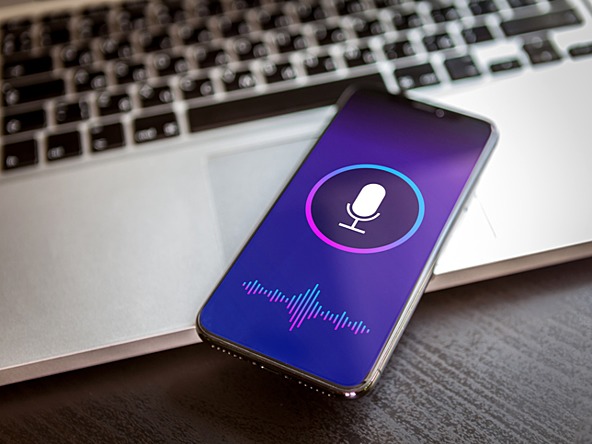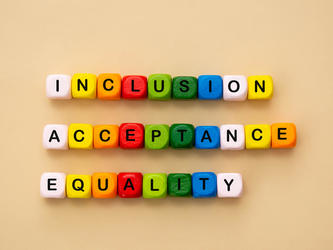Research launched to make voice recognition tech more accessible

The Speech Accessibility Project aims to make voice recognition technology more useful for people with a range of diverse speech patterns and disabilities.
Artificial intelligence-based voice recognition technology, used in voice assistants such as Amazon’s Alexa, doesn’t always recognise people with a diversity of speech patterns often associated with disabilities, such as speech affected by Lou Gehrig’s disease or Amyotrophic Lateral Sclerosis, Parkinson’s disease, cerebral palsy, and Down’s syndrome.
Researchers on the project will collect samples of speech from paid participants, creating a de-identified dataset that will be used to train machine learning models with the aim of better understanding a variety of speech patterns. The research will focus on American English initially.
Amazon, Apple, Google, Meta and Microsoft are supporting the research, as well as disability organisations Davis Phinney Foundation and Team Gleason.
Mark Hasegawa-Johnson, University of Illinois Urbana-Champaign (UIUC) professor of electrical and computer engineering, is leading the project.
Hasegawa-Johnson said: “The option to communicate and operate devices with speech is crucial for anyone interacting with technology or the digital economy today.
“Speech interfaces should be available to everybody, and that includes people with disabilities. This task has been difficult because it requires a lot of infrastructure, ideally the kind that can be supported by leading technology companies, so we’ve created a uniquely interdisciplinary team with expertise in linguistics, speech, AI, security, and privacy to help us meet this important challenge.”
Heejin Kim, a research professor in linguistics, and Clarion Mendes, a clinical professor in speech and hearing science and a speech-language pathologist, will work alongside Hasegawa-Johnson on the research team, which also includes staff from UIUC’s Beckman Institute for Advanced Science and Technology.
As part of the initiative, Google will share speech sample datasets collected for another study, Project Euphonia, with researchers working on the Speech Accessibility Project.
Mary Bellard, principal innovation architect lead at Microsoft, wrote in a blog post: “This cross-industry collaboration is rooted in the belief that inclusive speech recognition should be a universal experience.
“While the interest in improving speech interactions is not new and not unique to any single organisation, this is an important step that shows how we make progress is changing. We are recognising as an industry that partnership is crucial to progress.”

We hope you enjoyed this article.
Research Live is published by MRS.
The Market Research Society (MRS) exists to promote and protect the research sector, showcasing how research delivers impact for businesses and government.
Members of MRS enjoy many benefits including tailoured policy guidance, discounts on training and conferences, and access to member-only content.
For example, there's an archive of winning case studies from over a decade of MRS Awards.
Find out more about the benefits of joining MRS here.













0 Comments